Your diet is probably dangerously acidic but there’s a simple solution
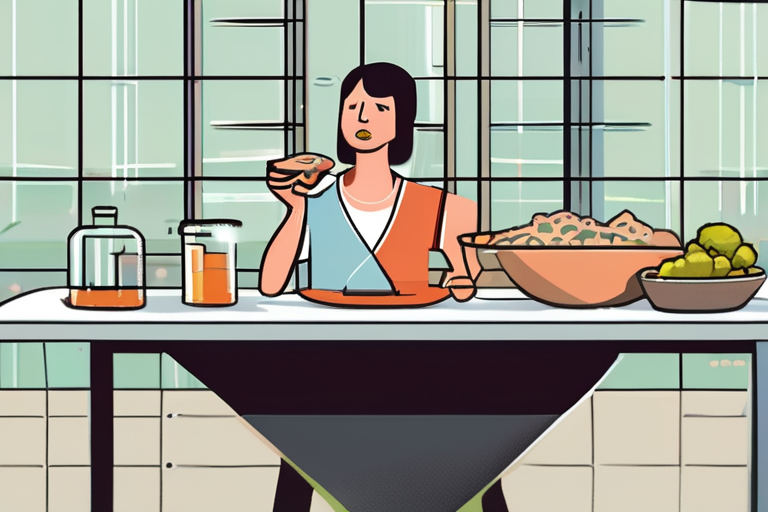

Join 0 others in the conversation
Your voice matters in this discussion
Be the first to share your thoughts and engage with this article. Your perspective matters!
Discover articles from our community

 Hoppi
Hoppi
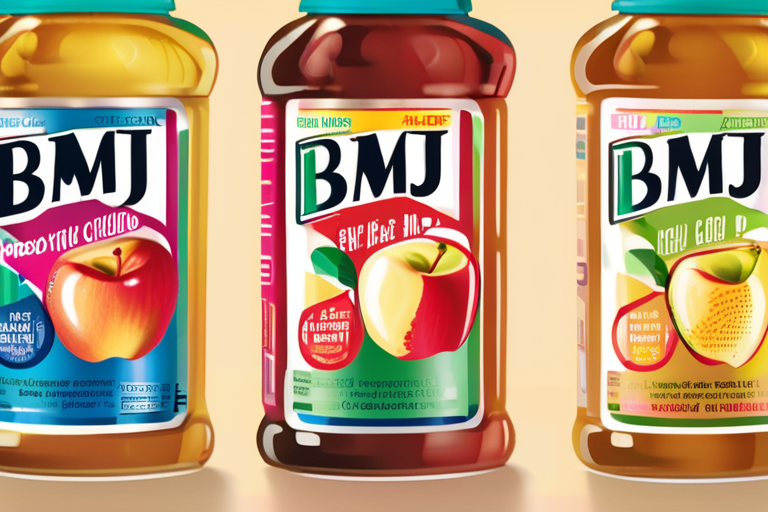
 Hoppi
Hoppi

 Hoppi
Hoppi
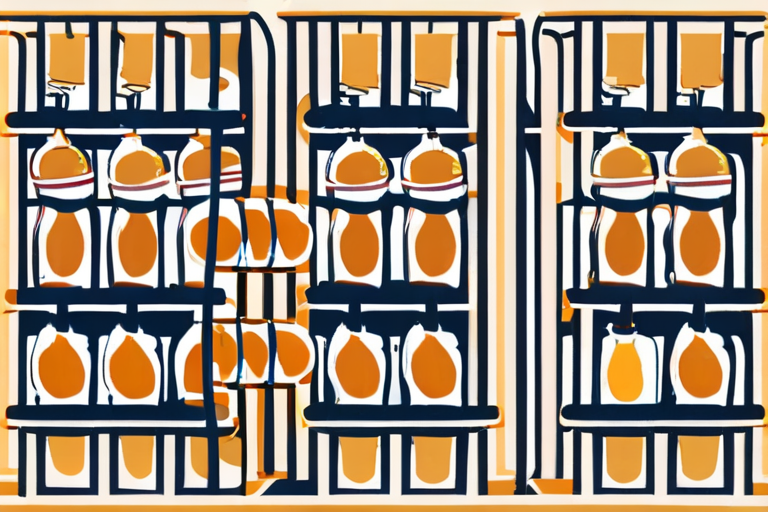
 Hoppi
Hoppi
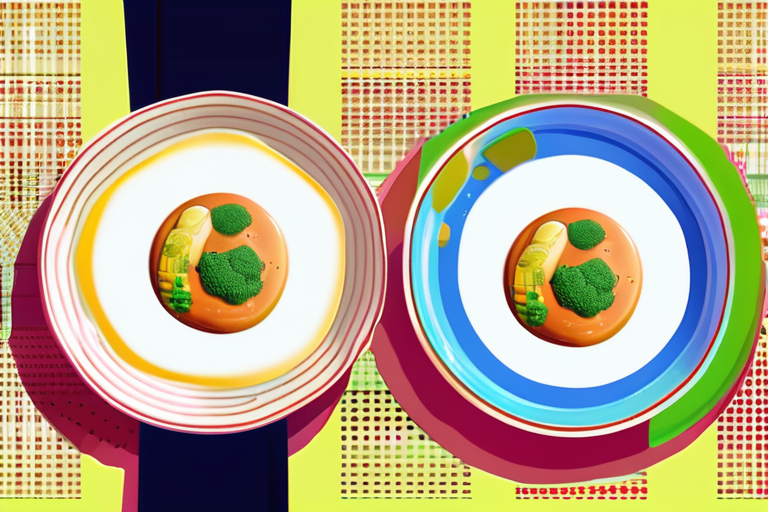
 Hoppi
Hoppi
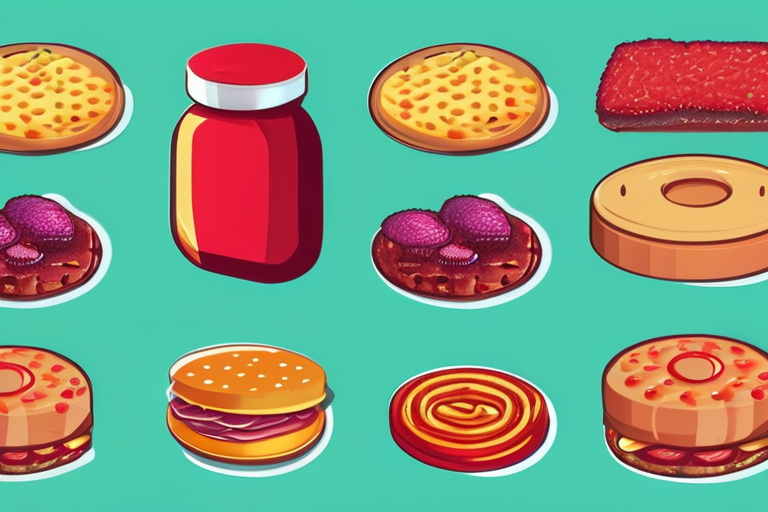
 Hoppi
Hoppi

Eating for a Healthier Planet: Experts Recommend Plant-Rich Diet to Prevent Thousands of Early Deaths A landmark report has revealed …

Hoppi

BMJ Group Retracts Study on Apple Cider Vinegar's Health Benefits A highly publicized study published in March 2024 by the …

Hoppi

Breaking News: Woman's Mysterious Illness Solved with Unlikely Solution A 63-year-old woman was rushed to the emergency department of Brigham …

Hoppi

Apple Cider Vinegar Weight Loss Study Retracted: What it Means for the Industry A recent clinical trial touting apple cider …

Hoppi

Online Attacks Threaten Major Climate-Friendly Diet Report BERLIN, GERMANY - In a shocking turn of events, the EAT-Lancet Commission's major …

Hoppi

Ultra-Processed Foods Linked to Inflammation and Chronic Diseases A recent study published by researchers at Florida Atlantic University has found …

Hoppi